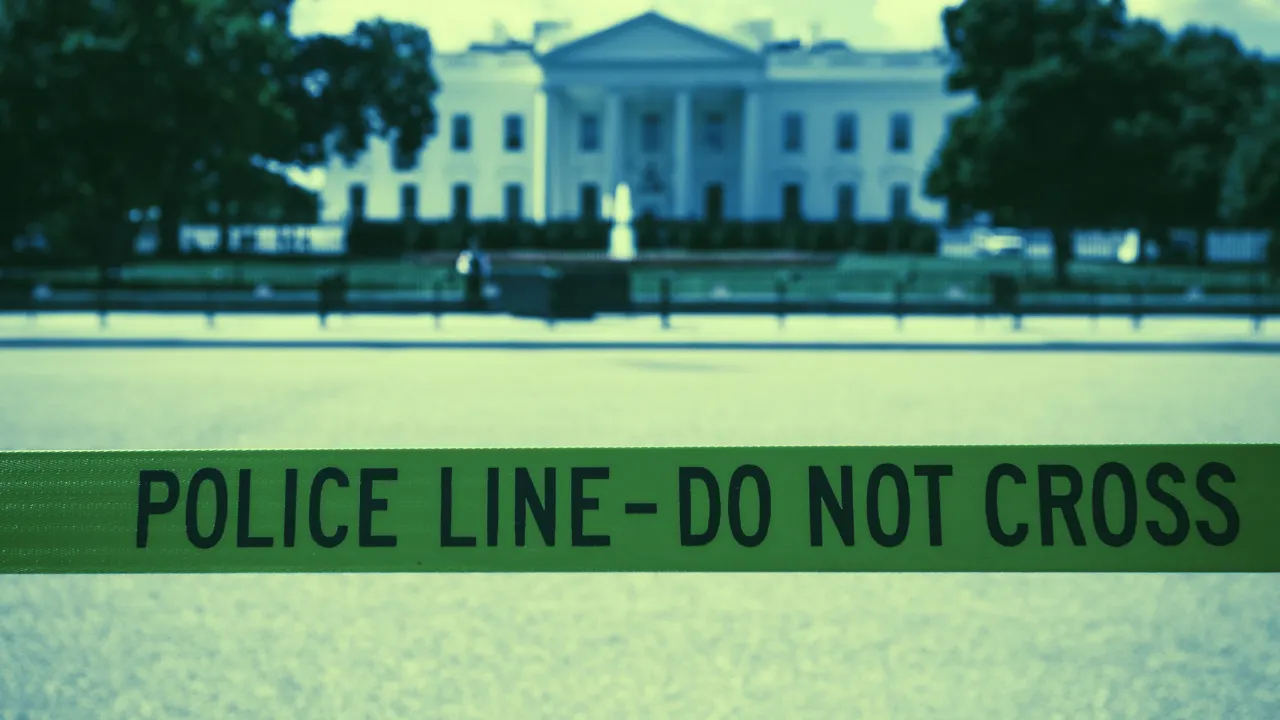Can you imagine blockchainblockchain being used to boost America’s law enforcement tactics? Congress sure as heck can.
Just last week, the U.S. Congress voted to pass the Advancing Innovation to Assist Law Enforcement Act. The bill requires that FinCEN—the Financial Crimes Enforcement Network—study blockchain, artificial intelligence and several other new and advanced forms of technology.
The idea is to examine how these technologies can be used to improve surveillance, legal statutes and security protocols in the United States. The bill has now been forwarded to the Senate Banking Committee for further debate.
The proposed legislation stipulates that the study must occur no later than six months following the bill’s enactment into law. A report must be prepared by the director of FinCEN regarding the organization’s findings, which must then be passed to the Committee on Banking, Housing and Urban Affairs in the Senate and the Committee on Financial Services in the House.

U.S. Treasury: crypto could be “next frontier” in the war on terror
A U.S. Treasury official yesterday reconfirmed the government’s concern that cryptocurrencies are being used to fund terrorist organizations and activities. In a speech delivered to the Annual International Conference on Counterterrorism, Under Secretary Sigal Mandelker suggested that unless appropriate legislation is implemented to regulate cryptocurrency exchanges and trading ventures, terrorists could ultimately fund their activities through digital means and go completely unnoticed. “While...
In addition, the document must contain data regarding blockchain and A.I.’s properties, and how they can be utilized to “combat money laundering and other forms of illicit finance.” The report must further provide suggestions for implementing blockchain and other forms of technology studied to “improve communication and coordination between the private sector” and FinCEN.
Speaking with Forbes, Blockchain Association Director Kristen Smith responded to the bill’s passage with optimism: “The potential of blockchain technology to revolutionize entire sectors… is just beginning to be understood,” she said. “This bill is a recognition of that potential and we’re happy FinCEN is being encouraged to solve some of the trickiest problems in finance using this technology.”
The irony here is that FinCEN is one of a handful of government agencies that is heavily involved in the policing of blockchain and cryptocurrency activity. In a sense, the agency is now being asked by Congress to examine how it could use blockchain to better police blockchain.
The bill also drums up the typical fears associated with blockchain and cryptocurrencies and the ways in which these technologies allegedly help to fund terrorist groups. The bill’s sponsor, Rep. Anthony Gonzalez of Ohio, told Forbes that his legislation “takes a stand to block a major tool used by cartels, terrorist organizations and traffickers to finance their illegal activities.”
Such fears, however, have been dispelled by organizations such as the RAND Corporation, which published a report in March that suggested criminal groups generally avoid cryptocurrencies since they are not nearly as anonymous as people once believed.
It’s enough to make us wonder whether Congress really understands the technology it seeks to use to improve U.S. law enforcement.




